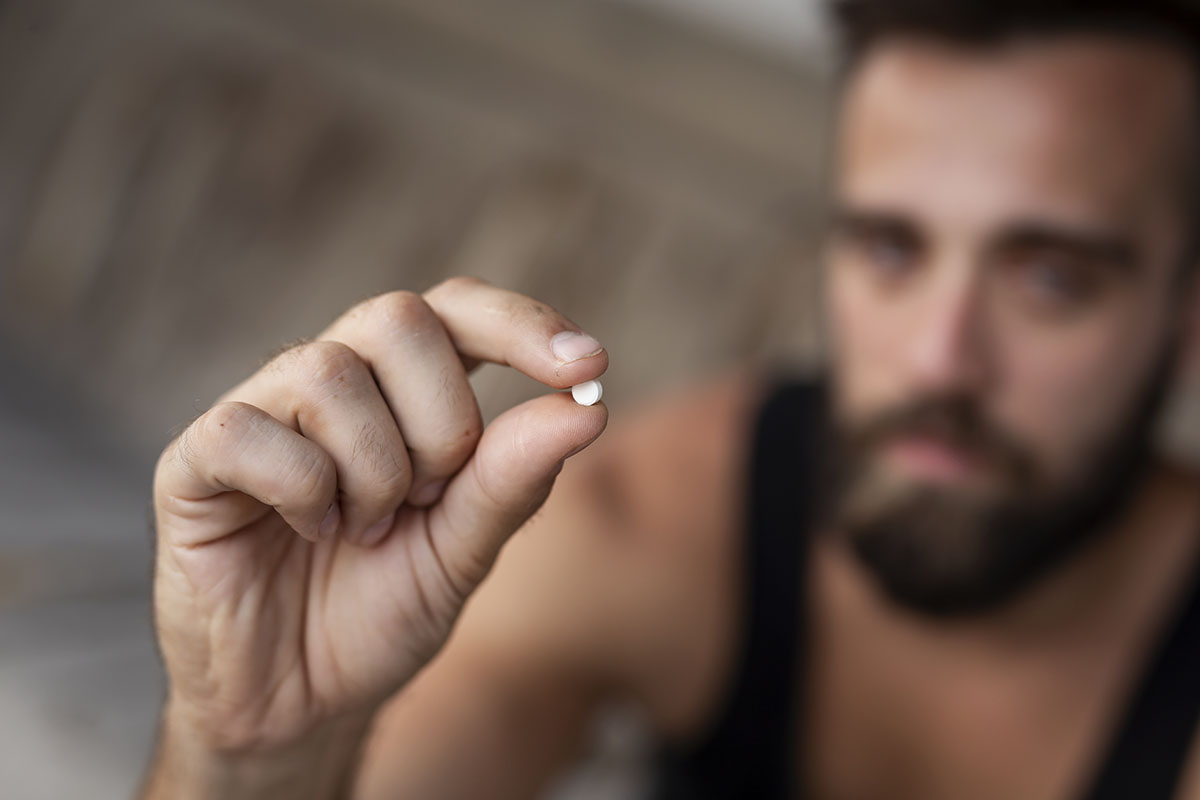Understanding and Overcoming Ecstasy Addiction
Ecstasy is a synthetic drug and has a hallucinogenic effect like LSD and a stimulant effect like amphetamines. It’s mainly the choice of drug for the rich and elites as for them cost of this drug has no problem, ecstasy treatment for depression is mainly a party drug as it produces energy and pleasure while some of them use ecstasy for depression as it alleviates the mood. However, ecstasy use can result in major unpleasant and dangerous incidences and long-term usage can result in cognitive damage.
Signs and symptoms of Ecstasy Addiction
Like all other chemicals, ecstasy affects differently on different people which means not all partygoers use ecstasy and not all ecstasy users become dependent on it. However, the ecstasy has very strong physical and psychological addictive potential. Apart from having the reputation of being a party drug, some people develop ecstasy addiction for depression alleviation while others abuse ecstasy for pleasure and affection.
It is very tough to notice symptoms of ecstasy addiction because people often use it in combination with other substances hence posing mixed up symptoms, anyhow common signs of chronic Ecstasy addiction include:
- Impulsiveness
- Increased levels of empathy
- Extreme show of love & affection
- Euphoria
- Reduction of stress and depression
- Thirst
- Teeth clenching
- Insomnia
- Lethargy
- Paranoia
- Memory loss
- Muscle tension
- Promiscuity
- Dilated pupils
- High level of sensory awareness
Since ecstasy affects the mood and can quickly hit the brain’s reward system, ecstasy addiction disturbs its capacity to produce and process serotonin, resulting in confusion and memory impairment. Similarly, ecstasy can result in severe long-term brain damage regardless of the period of abuse.
Inpatient Ecstasy Addiction Treatment is quite a challenging task to do due to the devastating effects of abuse and overdose, which shows its destructive power. The major cause of Ecstasy-related deaths is hyperthermia, which results from abuse at parties, the abuser may experience organ failure due to dehydration and overheating if remains untreated.

Treatment of Ecstasy Addiction/ Ecstasy Detoxification
Taking ecstasy detox casual can be fatal, it’s very important to get specialized assistance preferably a scientifically equipped addiction treatment center as addiction medicine specialist doctors will prescribe the right medications as symptoms are mostly mixed up. Withdrawal symptoms differ from person to person depending upon the period of usage, dosage, and severity of dependency. Working with our team of health experts and medical therapists at Gulf Addiction Treatment Center can make the withdrawal smoother due to the vast experience and availability of professionals 24/7.
Some of The Withdrawal Symptoms of Ecstasy Addiction include:
- Hostile Behaviour
- Mood swings
- Panic attacks
- Stress
- Depression
- Hallucination
- Fatigue
- Paranoia
- Sleep disorders
- Irritability
All patients don’t experience all of these symptoms however patients will express some or most of these symptoms depending upon factors like dose, usage and severity of addiction. When body develops ecstasy tolerance people need high amounts of ecstasy pills jus to save themselves from withdrawal symptoms hence people check in to the drug rehab for various reasons some enters for ecstasy treatment for depression while others for ecstasy treatment for hallucination etc.
Best Ecstasy Addiction Treatment In Islamabad
Ecstasy Addiction treatment is mandatory once the person has developed the dependency. Trying home remedies, relying on quacks as we normally do in Pakistan can prove fatal, as mentioned above some patients are in rehab for ecstasy treatment for depression or hallucination along with irritability hence in the absence of competent professionals patient may resort to extreme lethal steps, to avoid any such kind of emergency indoor ecstasy addiction treatment is highly recommended. Gulf Addiction Treatment Center has all the facilities required for smooth Ecstasy Addiction Treatment, its withdrawal management and management of psychiatric and psychological aspects.
